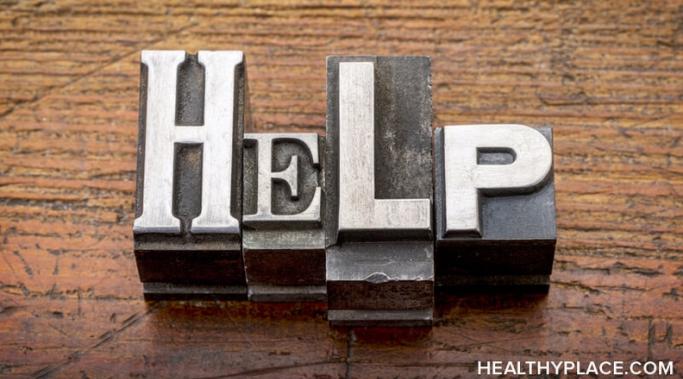Verbal abuse can rear its ugly head anywhere to anyone, including children in a school setting. Unfortunately, it can be more than a child's peers who use name-calling or teasing to get the attention they want. In some situations, the trusted adults in the classroom who receive payment to guide our children and help them learn are the ones throwing around insults and demeaning kids. Verbal abuse can happen at school.
Signs and Symptoms of Abuse
Verbal abuse can look different to everyone. For example, while some people experience humiliation, others may suffer from gaslighting. Alternatively, some abusers use multiple forms of abuse to control their victims. Unfortunately, my story involves virtually every textbook element of abuse, from verbal assaults to gaslighting and controlling and manipulative behaviors.
Recovering from a verbally abusive situation is not an easy journey for most people, including myself. The internal damage to my psyche that I endured for years has shaped how I react to certain situations and the choices I make in my life. Part of my personal healing journey is learning how to retrain my brain to think and process my circumstances differently.
One of the most challenging aspects of being a victim of verbal abuse is managing your triggers. As I progress through my healing journey, I am slowly learning how to handle these situations better than before. The most crucial element for me is to remember to avoid falling automatically into a reactive mode when this occurs.
Until only a few years ago, I had no idea how difficult my life would become once I started sharing my story of being a victim of abuse. Although some people close to me already knew some basic information, I kept most of the details to myself. However, as I began my healing journey, it became more necessary for me to share my abuse story so I could move forward and leave my past behind me.
For many verbal abuse victims, like myself, one of the most challenging aspects of moving forward is accepting the reality of the situation. I had an extremely difficult time in my healing journey until I realized that I could never have the relationship with my abuser that I wanted.
Naturally, every victim of verbal abuse has a unique story. While some circumstances may be similar, each person's healing journey from abuse will take its own path and timeline. For myself, it took many years before I was ready to face my past and deal with it to begin healing. As I continue my journey, I have met and spent time with many other abuse survivors who were at different phases of their healing.
For those who know me best, I have a strong desire to take responsibility for many things. From making sure everything with a friendly gathering goes exactly as I planned to the time the kids need picking up from their activities. My spouse is no stranger to my anxiety-driven internal scheduler, whom he refers to as my need to control everything. As a victim of verbal abuse, has my anxiety turned into attempts to control everything?
As a victim of verbal abuse, I know how challenging it can be to maintain a continuous fight, flight, or freeze mode daily. Consequently, even after leaving an abusive situation, my brain and body remained in that familiar state. Therefore, as I moved through therapy, one of the methods presented to me was to take a break from absolutely everything. Thankfully, with intensive therapy and the support of friends and loved ones, I found that taking these periodic breaks from my daily routine was beneficial for my healing.
One common trait of abuse victims I've noticed is their resiliency. I found that through the years, I perfected being self-sufficient. This admirable attribute is not as terrific as some may believe, however. My ability to tackle struggles on my own without asking for help is a negative side effect of years of abuse.









